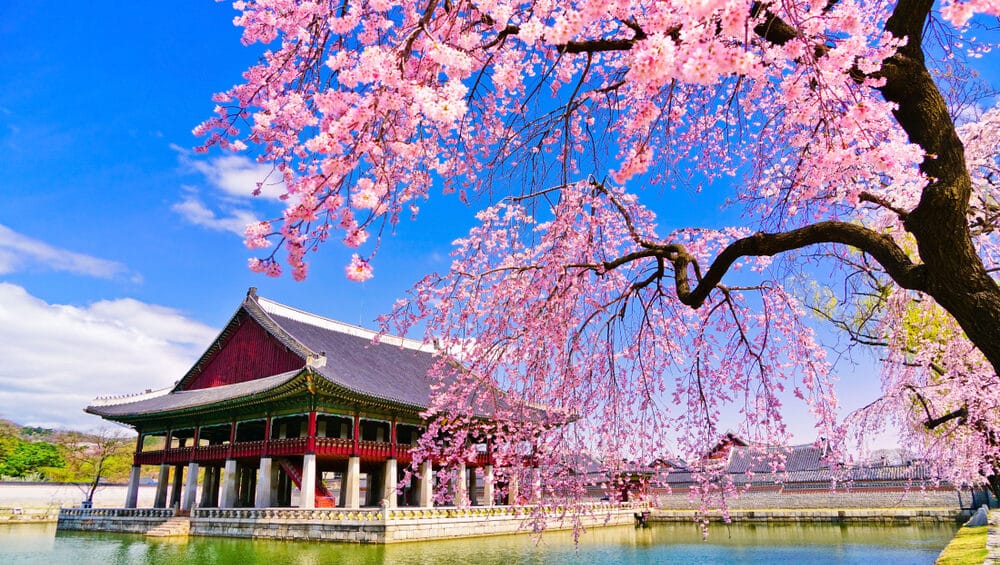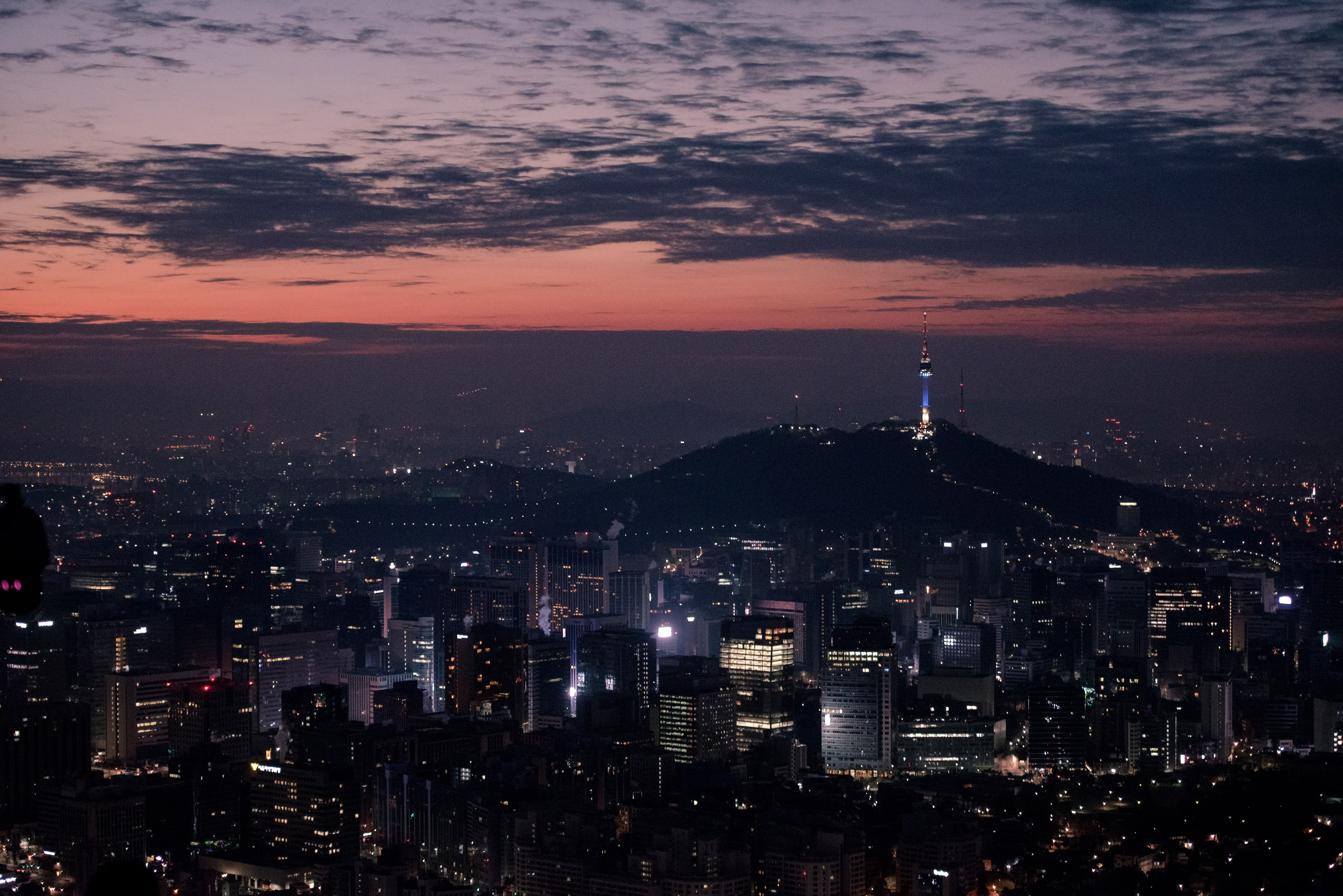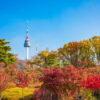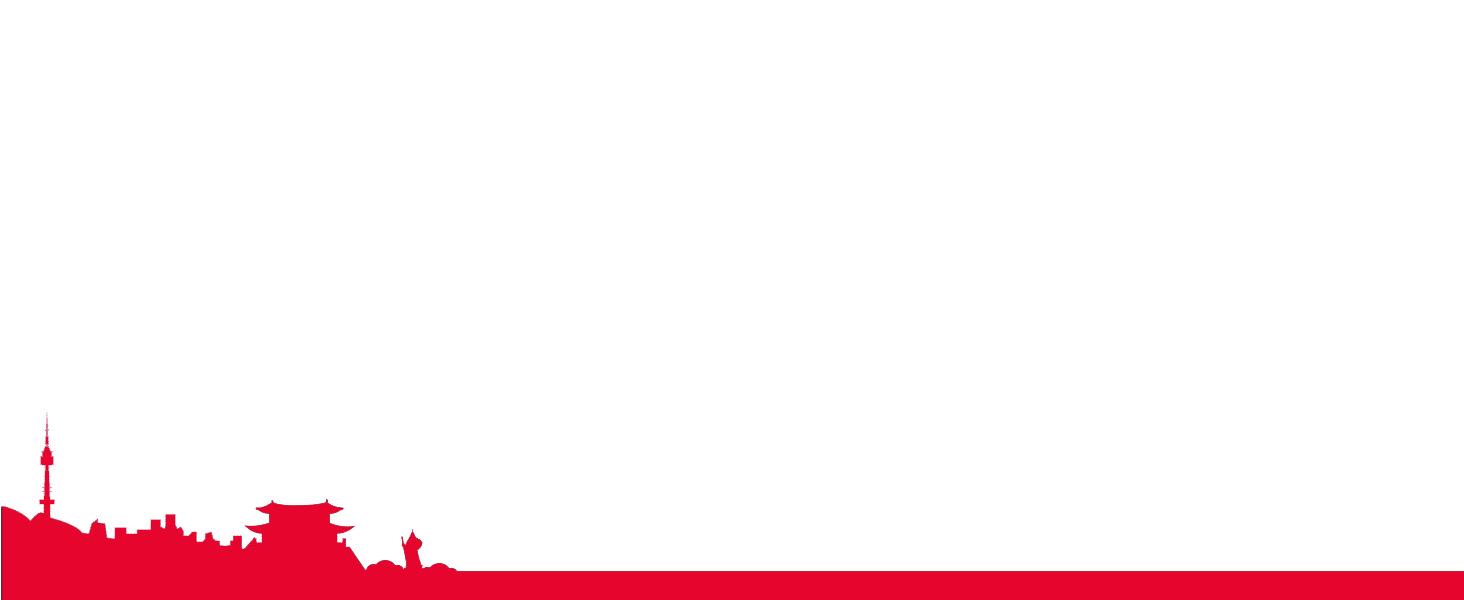If you’re planning a trip to Korea, choosing the best time to visit can be a tough decision. With four distinct seasons, each offering its own unique charm, there’s no shortage of options to choose from. In this article, we’ll take a closer look at each season and help you decide the best time to visit Korea.
1. Spring (March-May)
Spring is undoubtedly one of the most popular times to visit Korea, thanks to its mild temperatures, beautiful cherry blossoms, and lively festivals. Here are some highlights:
Cherry Blossom Season
One of the most anticipated events of the year in Korea is the blooming of the cherry blossoms. Typically, this occurs in early April, and it’s a sight not to be missed. There are plenty of places in Korea where you can see cherry blossoms, such as Yeouido Park in Seoul, the Jinhae Cherry Blossom Festival, and the Gyeongju Cherry Blossom Marathon.
Festivals
Spring is also a season of festivals in Korea, such as the Seoul Lantern Festival, Yeongdeok Snow Crab Festival, and the Hi Seoul Festival. These events offer a unique opportunity to experience Korea’s culture and traditions.
2. Summer (June – August)
Summer in Korea is hot and humid, but it’s also a season of fun, with plenty of outdoor activities and events. Here’s what you can expect:
Beaches
Korea has many beautiful beaches to enjoy during the summer, such as Haeundae Beach in Busan, Gyeongpo Beach in Gangneung, and Naksan Beach in Yangyang. These beaches offer the perfect escape from the heat and a chance to enjoy water sports.
Festivals
Summer is also a season of festivals, such as the Boryeong Mud Festival, Incheon Pentaport Rock Festival, and Busan International Film Festival. These events are popular with locals and tourists alike and offer a chance to enjoy live music, movies, and cultural activities.
3. Fall (September – November)
Fall in Korea is known for its mild temperatures, stunning autumn foliage, and delicious food. Here are some highlights:
Autumn Foliage
If you’re a fan of fall foliage, then Korea is the perfect place to visit. You can enjoy the beautiful colors of autumn at places like Naejangsan National Park, Seoraksan National Park, and Gyeongju Bulguksa Temple.
Food
Fall is also a season of delicious food in Korea, such as chestnuts, sweet potatoes, and persimmons. You can also enjoy traditional Korean dishes like dakgalbi, pajeon, and samgyetang.
4. Winter (December – February)
Winter in Korea can be cold, but it’s also a season of festive cheer and winter sports. Here’s what you can expect:
Skiing and Snowboarding
Korea has plenty of ski resorts that offer a chance to enjoy skiing and snowboarding, such as Yongpyong Ski Resort, Alpensia Ski Resort, and Phoenix Park Ski Resort.
Festivals
Winter is also a season of festivals in Korea, such as the Seoul Lantern Festival, the Hwacheon Sancheoneo Ice Festival, and the Pyeongchang Trout Festival. These events offer a chance to enjoy winter activities and traditional Korean culture.
Begin your South Korea adventure without any delay
Essential Travel Tips
Visa:
If you’re planning to visit Korea for less than 90 days, you don’t need a visa if you’re from one of the 119 countries that have a visa waiver agreement with Korea. Otherwise, you need to apply for a tourist visa at the Korean embassy or consulate in your country.
Currency:
The official currency of Korea is the Korean won (KRW). You can exchange your foreign currency at banks, exchange booths, and airports. Credit cards are widely accepted, especially in larger cities, but it’s always a good idea to carry some cash for smaller transactions and emergencies.
Language:
The official language of Korea is Korean, but many Koreans speak English, especially in tourist areas. However, learning a few basic Korean phrases can go a long way in making your trip more enjoyable and immersive.
Transportation:
Korea has an excellent public transportation system, including buses, subways, and trains, that is efficient, clean, and safe. Taxis are also widely available, but they can be more expensive than public transportation. If you’re planning to travel outside of Seoul, renting a car or hiring a private driver can be a convenient option.
Accommodation:
Korea has a wide range of accommodation options, from budget guesthouses to luxury hotels. It’s always a good idea to book your accommodation in advance, especially during peak season, to avoid disappointment and ensure the best prices.
Food:
Korean cuisine is famous for its bold flavors, colorful presentation, and health benefits. Some must-try dishes include bibimbap, bulgogi, kimchi, and Korean barbecue. You can find Korean food in restaurants, food stalls, and markets throughout the country, and it’s usually affordable and delicious.
Conclusion:
Korea is a fantastic destination that offers something for everyone, regardless of the season. Whether you’re interested in history, culture, nature, or food, Korea has it all. By choosing the best time to visit Korea based on your preferences and interests, as well as following these essential travel tips, you can make the most of your South Korea trip and create unforgettable memories.
Follow our Instagram
Discover a treasure trove of South Korea travel blogs to enhance your knowledge and inspiration




